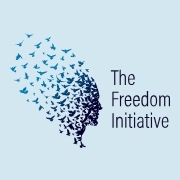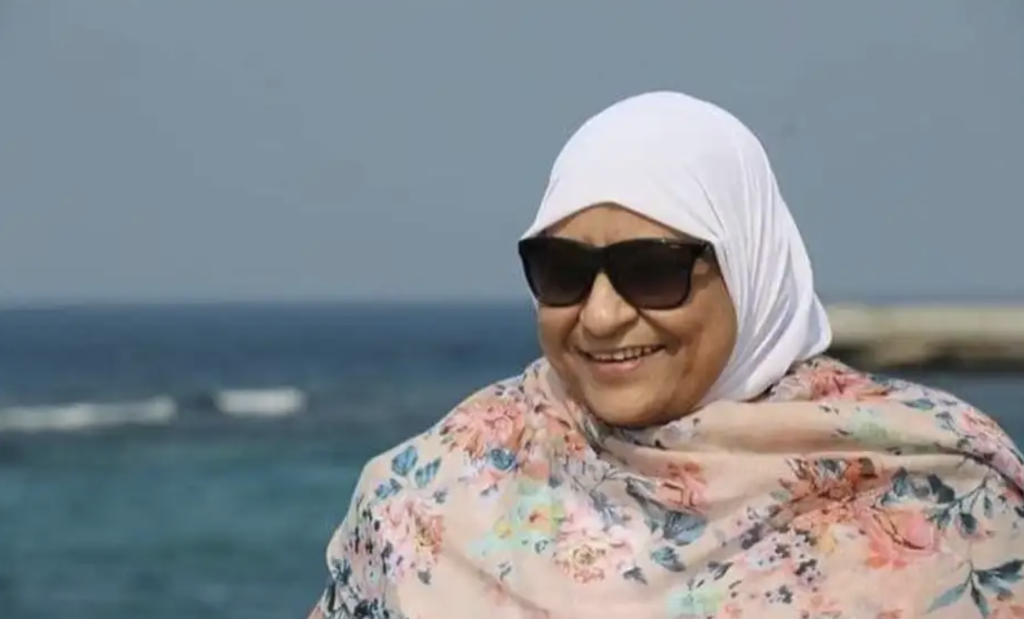March 9, 2023
WASHINGTON, D.C. – Egyptian authorities should investigate reports of a wave of suicide attempts inside Badr Prison and respect due process rights, the Freedom Initiative said today. The suicide attempts in the new prison, which has been touted as a model of reform, reportedly come amid a crackdown on protests over poor conditions and widespread abuse.
On March 6, a leaked letter from the prison was published by Haquhum, a campaign in support of political detainees and the forcibly disappeared in Egypt. The letter reports that 55 detainees attempted suicide inside the prison, though the Freedom Initiative was unable to independently confirm the number of suicide attempts.
According to a leaked letter also published by Haquhum on February 23, Hossam Abu Shorouk, an inmate at Badr Prison 3, committed suicide in early February. Another inmate, Mohamed Turk Abu Yara, attempted suicide after prison authorities refused to allow him to contact his family in Turkey following last month’s earthquake. A third prisoner, Awad Noaman, also attempted suicide and was transferred to the prison hospital. Egyptian authorities have not provided any information about the men’s fate. The Freedom Initiative could not independently verify the letters.
Over the past two weeks, the Freedom Initiative has spoken to lawyers and family members of Badr 3 detainees who said more suicide attempts had taken place between February 21-27 beyond those reported in the leaked letter.
The unusually high number of suicide attempts in Egypt’s Badr Prison 3 followed a violent crackdown by riot police against detainees, many of whom had burned blankets, covered surveillance cameras, and launched hunger strikes to protest poor conditions and widespread abuse, according to the February 23 letter and a separate letter published on March 3. Following the release of the February 23 letter, all detention renewal and other court hearings, which had taken place remotely via video conferencing, were canceled, severely curtailing their right to a fair trial.
“We are deeply disturbed by reports that dozens of detainees inside Badr Prison 3 attempted to take their own lives after enduring months — and often years — of horrendous and inhumane treatment. We know that inmates’ cells are tightly monitored, including with cameras, and there is simply no excuse for authorities not to investigate reports of abuse. If Egypt wants the world to believe that prison conditions are improving, it must bring an immediate end to the systematic abuse that made Scorpion Prison so notorious,” said Allison McManus, the Freedom Initiative’s Managing Director.
Badr Prison 3, located some 40 miles northeast of Cairo, is part of the larger Badr Rehabilitation and Correctional Center, which opened in September 2021. Egyptian authorities have touted Badr Prison and the release of a small fraction of the country’s political detainees amid U.S. and international pressure to improve human rights. In December 2022, journalists were taken on a “tightly controlled” tour of Badr Prison.
Egyptian authorities began transferring detainees held inside Tora Maximum Security Prison (Scorpion Prison) 1 and 2 to Badr Prison 1 and 3 in June 2022, in preparation for the closure of Scorpion Prison.
Badr Prison 3 now holds a number of high-profile political detainees, including Muslim Brotherhood leader Mohamed Badie and former Youth Minister Mohamed Yassin. Political prisoners are also being detained inside Badr Prison 1, such as activist and poet Ahmed Douma and opposition politician Mohamed al-Qassas.
Rights groups have increasingly criticized poor conditions and ill-treatment inside Badr Prison, where at least five detainees have died since October 2022, according to the Till the Last Prisoner Campaign, which documents abuses inside prisons and advocates for the freedom of political detainees in Egypt. Following the transfers from Scorpion Prison, detainees inside Badr Prison 3 — many of whom had been denied contact with their families and lawyers for years inside Scorpion Prison — continued to be barred from receiving visitors, in addition to being denied proper medical care, exercise time, and access to basic supplies like adequate food, winter clothes and blankets. Fluorescent lights and surveillance cameras are switched on at all hours of the day and night inside both Badr Prison 1 and 3, leading a number of detainees to suffer nervous breakdowns.
In February, local activists reported that death row detainees held inside Badr Prison 1 were being subjected to collective torture, including being beaten, shackled for days at a time, and held in solitary confinement.
The number of politically motivated detentions has skyrocketed under President Abdel Fattah el-Sisi, however, the last time the Egyptian Interior Ministry’s Prisons Authority released periodic figures on prisoners was in the 1990s. In February, the Freedom Initiative and eight other organizations called on Egyptian authorities to release figures on the prisoner population.
In September of last year, the Biden administration withheld $130 million in military aid to Egypt over human rights concerns but released a separate $75 million conditioned on treatment of prisoners due to the determination that Cairo had made “clear and consistent progress” by releasing some 500 prisoners. In October, former Senator Patrick Leahy blocked the $75 million in funding.
“The abysmal conditions inside Badr Prison underline the complete lack of political will among Egyptian authorities to meaningfully address the country’s human rights crisis. U.S. policymakers should take note that torture, medical neglect, and systematic violations of due process remain the norm,” the Freedom Initiative’s Research Manager Amr ElAfifi said.
For more information or to set up an interview, contact kristen@thefreedomi.org.


